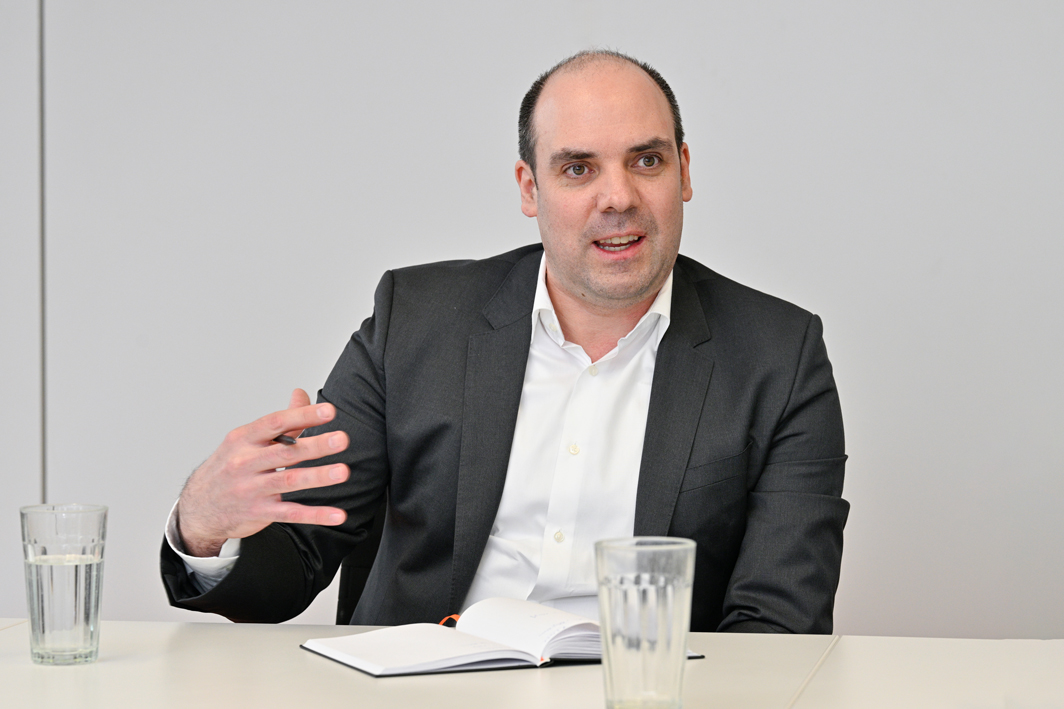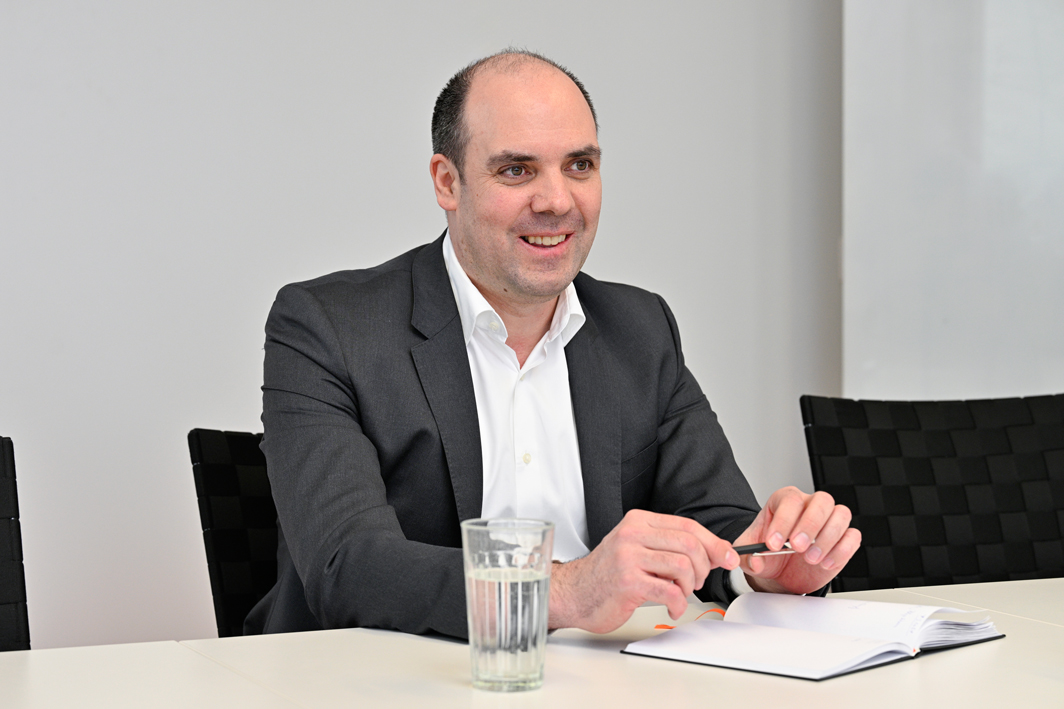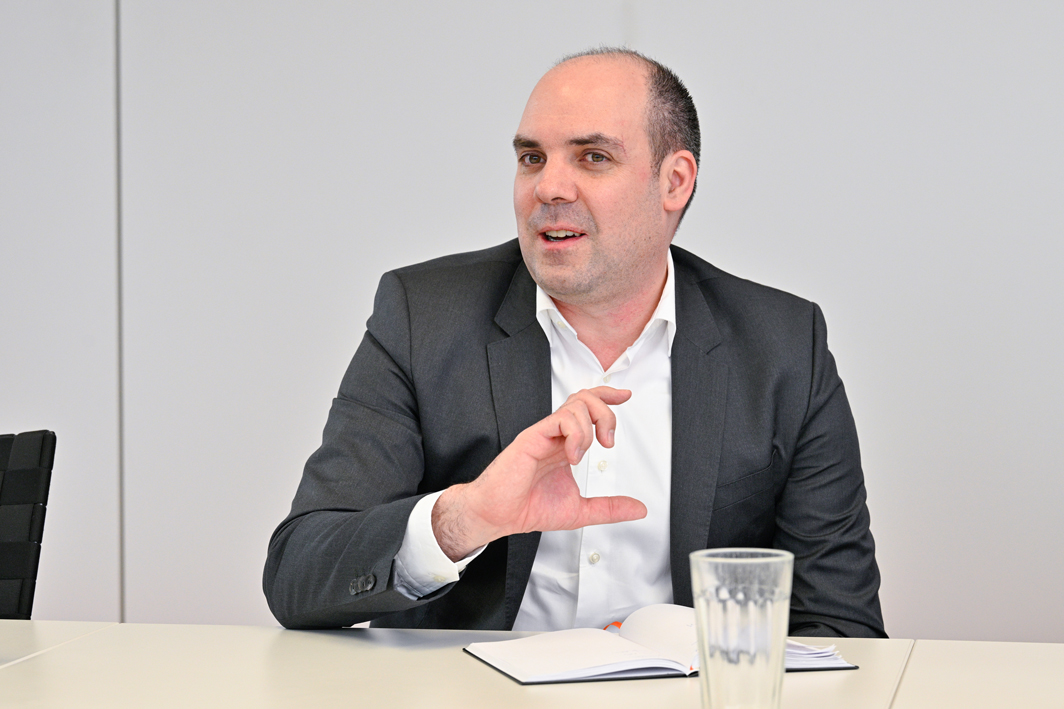Silvan Stüssi, Managing Partner & Head of Global Insurance Practice, Synpulse Switzerland Ltd
elipsLife echo: Mr Stüssi, could you briefly explain to us the business purpose of Synpulse and tell us about your role?
Silvan Stüssi: Synpulse is a global consulting partner for companies in the financial sector, with a focus on banks and insurance companies. We support our clients in all kinds of strategic transformations, from development to implementation. At Synpulse, I’m responsible for the global insurance business. The Swiss market, our home market, naturally plays an important role here.
How many employees does Synpulse have and where does the company operate?
Synpulse was founded in 1996 in Switzerland, where we still have our head office. The company currently operates in Europe, the USA and Asia and employs around 1200 staff, 160 of whom are based in Switzerland.
Regarding Switzerland, what is currently shaping the development of the Swiss insurance market?
We are observing some developments that are relatively new for the Swiss insurance market. The first is the interest rate environment, which after many years of low interest rates has changed and is likely to change further. Secondly, new risks are emerging. Examples include cyber risks and generative artificial intelligence (AI), a form of artificial intelligence that generates new content on the basis of specifications and existing information. While this offers numerous social and economic opportunities, it also raises many questions about insurability. Finally, digitalisation remains an issue, as the market seeks ways of handling the opportunities it presents.
Which aspects of digitalisation are key here?
On the one hand, the insurance sector is under pressure to drive forward automation and digitalisation. At the same time, many customers are expressing a need for personal advice – in spite of, or even because of, these increasingly digitalised processes. This conflict of perspectives is very interesting and raises the question of what role digitalisation will play in the insurance sector in the future.



